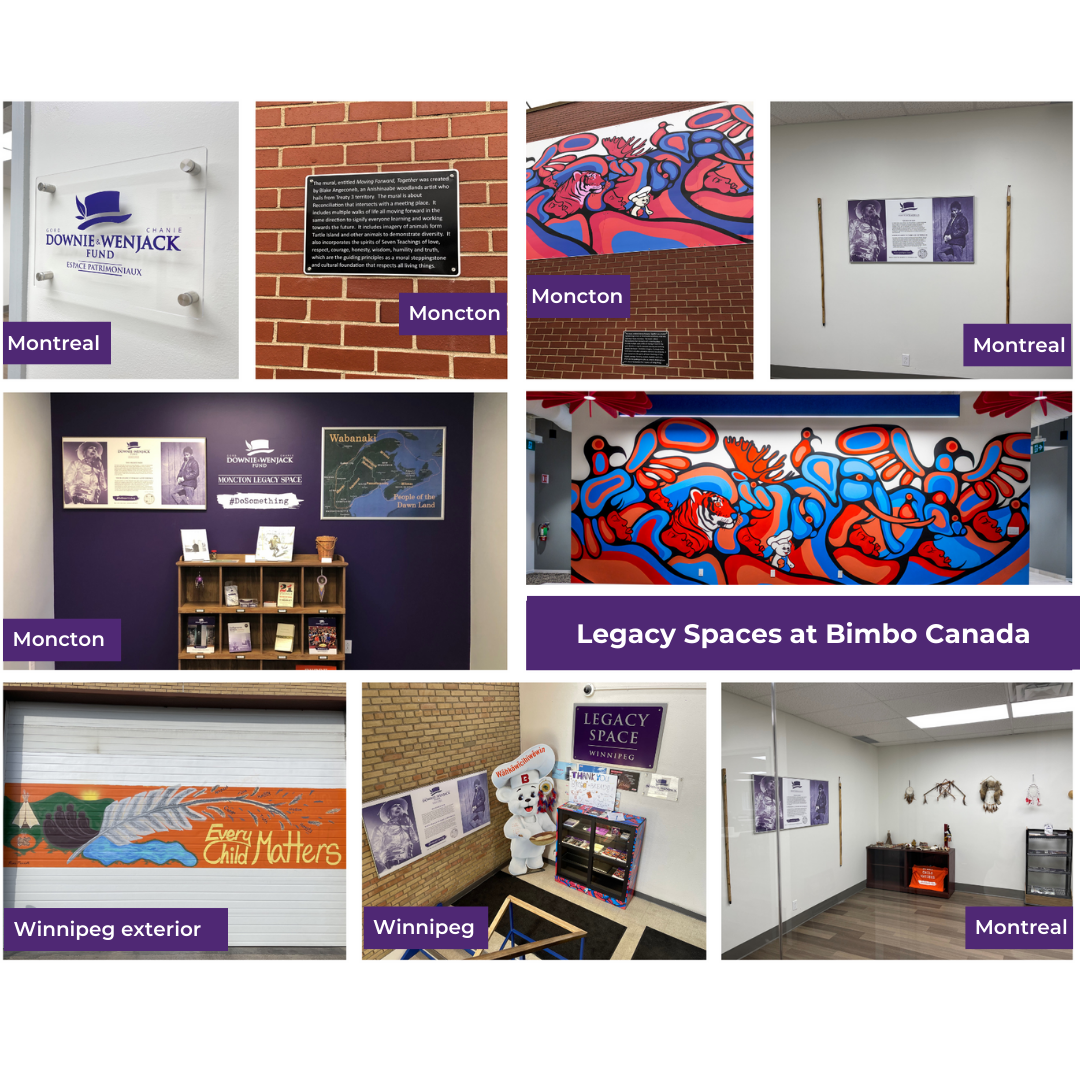Land Acknowledgement
At Bimbo Canada we acknowledge that all our bakeries and sales centres are located on the traditional, treaty and
unceded territories of the First Nations, Inuit and Métis people.1 We are indebted to Turtle Island’s2 First People for their stewardship of the land and seas that we inhabit and benefit from. We are grateful to Indigenous communities for their continued protection of the land, and for sharing their knowledge of how to care for it.
Guided by the United Nations Declaration on the Rights of Indigenous Peoples3, and the Truth and Reconciliation
Commission Calls to Actions4, Bimbo Canada is committed to continuous learning and fostering meaningful partnerships with the Indigenous communities where we live and work.
On our journey to support and advance reconciliation, we partnered with the Gord Downie & Chanie Wenjack Fund to build cultural understanding, connections and a path to reconciliACTION between Indigenous and non-Indigenous peoples. We have created four Legacy Spaces in our facilities. Legacy Spaces are safe, welcoming physical and symbolic places dedicated to providing education and spreading awareness about the true history of Indigenous Peoples in Canada. We are fortunate to be beneficiaries of this understanding and education, and we know there is still more work to do, which is why we will continue to update and revitalize each of our existing Legacy Spaces and create new, unique Legacy Spaces at more Bimbo Canada facilities.
This will be a long and meaningful journey towards reconciliation. Reconciliation is a continuous process that requires all of us working together. Beyond the creation of a Land Acknowledgement, we are creating a Reconciliation Action Plan that will serve as a framework for us to operate as we journey on this path together. As the beneficiaries of a history of violence and colonialism, it is not only our duty but our moral obligation to do better.

1 As different locations sit on land that is either under treaty agreements or areas that have yet to be ceded by Indigenous communities, it is important to highlight that our locations sit on both.
2 Turtle Island refers to the name for North America by Indigenous people. It is based on various oral histories that tell the story of a turtle that holds the entire world on its back.
4 While the document as a whole will serve as a thematic guideline, action #92 that deals with businesses and reconciliation. https://ehprnh2mwo3.exactdn.com/wp-content/uploads/2021/01/Calls_to_Action_English2.pdf
